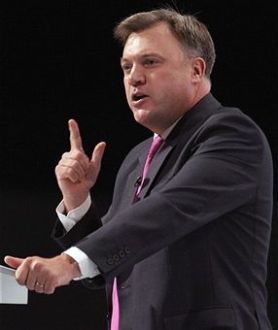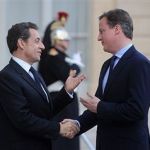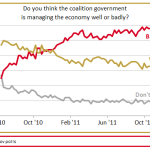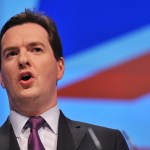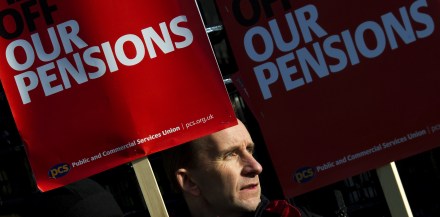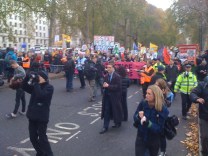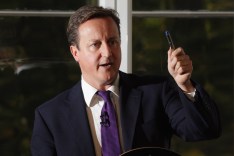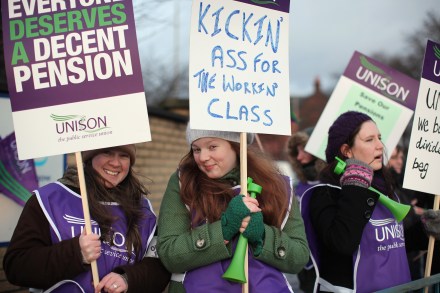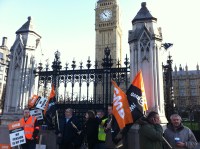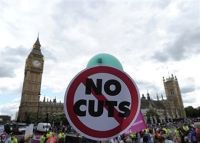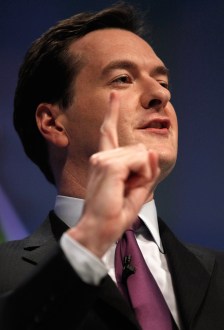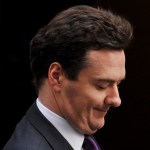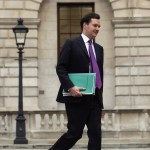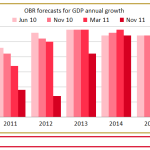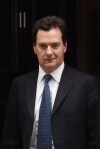Balls’ blindness
This week has marked something of a watershed in the British economic debate. The story of the strike on Wednesday was not one of paralysis, but of resilience. There was an 85 per cent turnout in NHS staff; Cumbria council kept every office open as so few staff went on strike; Aussies landing at Heathrow cleared passport control in record time, due to the large number of volunteers who were qualified with two days’ notice. As I say in my Daily Telegraph column today, the union leaders went rather quiet afterwards: they misjudged the mood of the country. As has Ed Balls. He is attempting what economists call ‘fiscal illusion’
